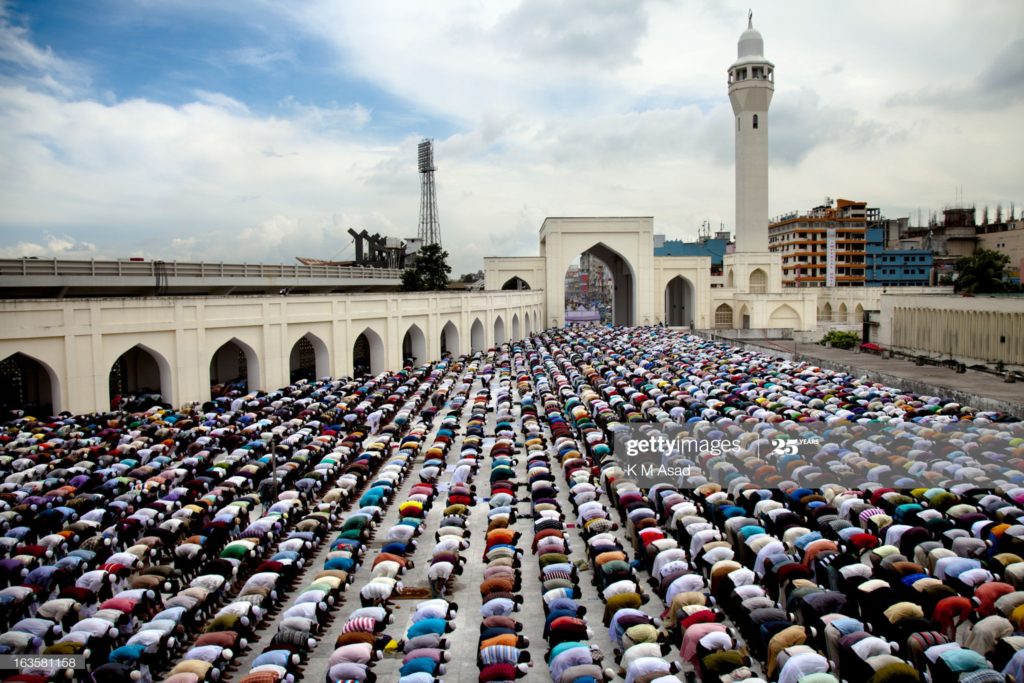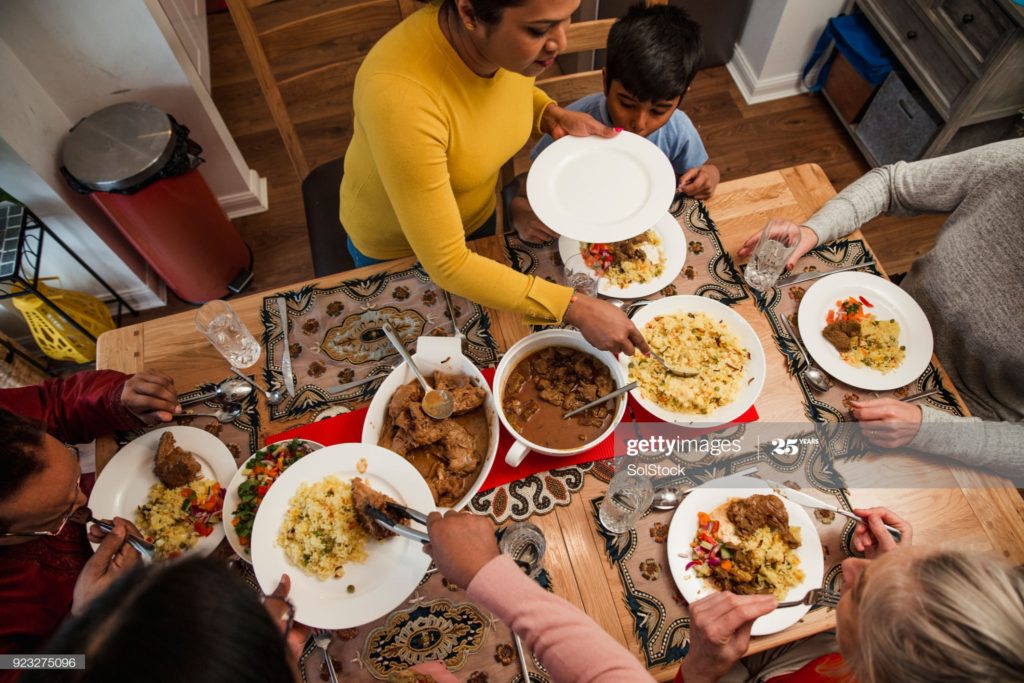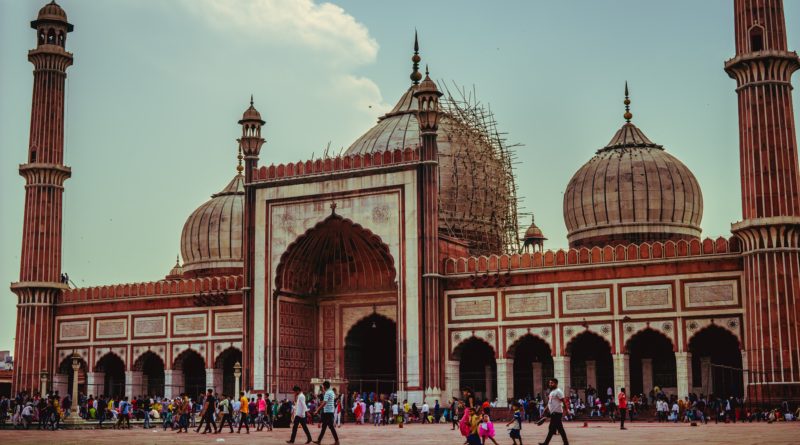The Islamic Festival of Ramzan and Rituals
Many among us know about Roza as an essential practice of Islamic festival Ramzan (also called Ramadan). Did you know there are many other rituals that are followed as well? This ranges from i’tikaf (a form of seclusion) to Taraweeh (a special prayer at the end of the day).

When one talks about Ramzan, the holy month of Islam, the three things that immediately come to mind for the medium-initiated are
1. Roza,
2. salat (prayers five times a day),
3. and iftar.
While Roza stands for fasting and salat/namaz for prayers, iftar stands for the breaking of the fast.
Though not known to many, there are also many other rituals and activities associated with the Islamic Festival of Ramzan. From i’tikaf (a kind of seclusion) to suhoor (the complete opposite of iftar, since it’s the last meal to have before dawn).
What is Suhoor or Sehri?
Sehri is a pre-dawn meal mostly when you may not feel as hungry; however, it is imperative to fill your tummy smartly so that your body is fuelled for the day.
Also, Read| https://www.warpaintjournal.com/2020/04/24/covid-19-outbreak-who-issues-guidelines-for-ramadan/
As American author Sara Suleri evocatively describes sehri at home in her book Meatless Days.
“The food itself, designed to keep the penitent sustained from dawn till dusk, was insistent in its richness and intensity, with bread dripping clarified butter, and curried brains, and cumin eggs, and peculiarly potent vermicelli, soaked overnight in sugar and fatted milk.”

Significance of Roza
Are we wandering away? Let’s not wander away from the spiritual and meditative aspects of this holy festival, which lasts from 29 to 30 days. It ends with the joyful appearance of the legendary silver moon that would mean Eid ul-Fitr.
Did you know?
It is said that in the 30 days of the Islamic festival of ramzan
- the first 10 days are for forgiveness,
- the second 10 days are for self-upliftment of the soul,
- and the last 10 days are towards the final liberation and freeing oneself of sins.

Here it’s important to note that there are two aspects to the rituals and practices of Islam—
- farz (compulsory rules) and
- Sunnat (culture or the recommended way of doing something, according to Prophet Mohammad).
For example, during the Islamic festival of Ramzan, holding Roza is a farz, but breaking the fast with a date (because that’s when the Prophet is said to have broken it) is a Sunnat.
Did you know?
Similarly, before performing namaz, wazu (washing one’s hands and feet) is a farz, but starting the wazu ritual with the right hand is a Sunnat.
Here are various rituals and practices associated with Ramzan:
Sawm/Roza & Ramzan
- Another siren is heard at Dawn.
- It is recommended that Muslims recite parts of the Koran before the Roza begins, with a view to bringing the believer closer to Allah.
- Roza is not only a matter of not eating and drinking from dawn to dusk but also of abstaining from all desires — including sex or even smoking a cigarette.
So what’s the real idea?
The idea is to detoxify the body, mind, and soul.
Iftar & togetherness during Ramzan
- This is the breaking of the fast, preferably as a family and community, at maghrib (around sunset).
- This is usually done with dates and followed with fruits and then the more popular kebabs and other meat dishes.
Note: We see Iftar as get-togethers and parties are quite common now around the world. They promote a sense of togetherness. Often people of other faiths also join in the celebrations.
Taraweeh
This is a special addition to the Isha prayers for this month, and are prayed in pairs of two, but this also comes under sunnat and is thus not obligatory.
Tahajjud for Positive Energies
- Performed after the Isha prayers, especially after 12 midnight, prayers of tahajjud are not restricted to just the month of Ramzan.
- However, many believers do make it a point to go to the mosque for these prayers late into the night.
- They may pray together and there is an amplification of positive energies.
E’tikaaf
- I’tikaaf literally means going into seclusion.
- So it is not obligatory, but if some people have enough time, they practice i’tikaf, which means staying in the mosque for around 10 days. For some last few days of the month.
- During i’tikaf, people recite the Koran and Hadiths and offer salat.
Zakat or Obligatory Tax
- Among the five duties of a Muslim is to give alms to the poor in the form of a religious obligatory tax.
- Though it is waived for the absolute downtrodden or those who do not have a minimum income called nisab. Most are recommended to give zakat in order to earn merit.
Note: It is customarily 2.5 percent or 1/40th of a Muslim’s savings and is believed that zakat is given during the Holy Month. Though this is often regarded as a private and voluntary act. In some Islamic countries such as Malaysia and Saudi Arabia, it is mandated by the state.
Fitrah
Otherwise broadly an act of giving, during Ramzan, Fitrah translates to donating 2.5 kg grain (any kind) or its equivalent cost by those who can afford it, to the poor, during the period of Ramzan. People usually give it towards the end of the month.
The essence of the Islamic festival of Ramzan remains the same—that of coming closer to Allah, self-purification, and cleansing of the body and soul, along with a sense of gratitude and harmony among people.




